
Around 4.5 million adults in the United States are diagnosed with liver disease. This can take the form of cirrhosis, hepatitis C, Wilson’s disease, and other conditions that impact the functioning of the liver. For some people, it takes the form of a fatty liver.
Watching what you eat can help prevent liver disease. In the case of fatty liver disease, eating enough of some nutrients could help reverse the condition and allow the liver to heal. The American Liver Foundation recommends limiting fats and sugars in the diet and focusing on fresh fruits and vegetables that contain healing nutrients. Eating a balanced diet that includes high-fiber foods is important, too.
If you’re interested in learning more, read through the following list of the 12 best foods for liver disease. At the end of the article, I’ll share three of my favorite foods good for liver disease prevention and support.
15 Foods Good For Liver Support
- Grapefruit
- Strawberries
- Salmon
- Blueberries
- Coconut Oil
- Kale
- Beans
- Celery
- Cranberries
- Olive Oil
- Apple Cider Vinegar
- Oatmeal
- Spinach
- Lemons
- Lentils
Grapefruit

Grapefruit is a citrus fruit that has a number of health benefits. Grapefruit contains several antioxidants that help protect the liver, as well as the rest of the body. It’s also a good source of vitamin C, which could help the liver rejuvenate. Half a grapefruit provides 53% of the daily recommendation for vitamin C.
Some sources indicate that eating grapefruit could be a helpful component of successful liver detox. This is because it stimulates the digestive system and positively impacts lipid levels.
One thing to note is that grapefruit interferes with the effects of some medicines. If you take medications regularly, ask your doctor if it’s okay to eat grapefruit, too.
Strawberries
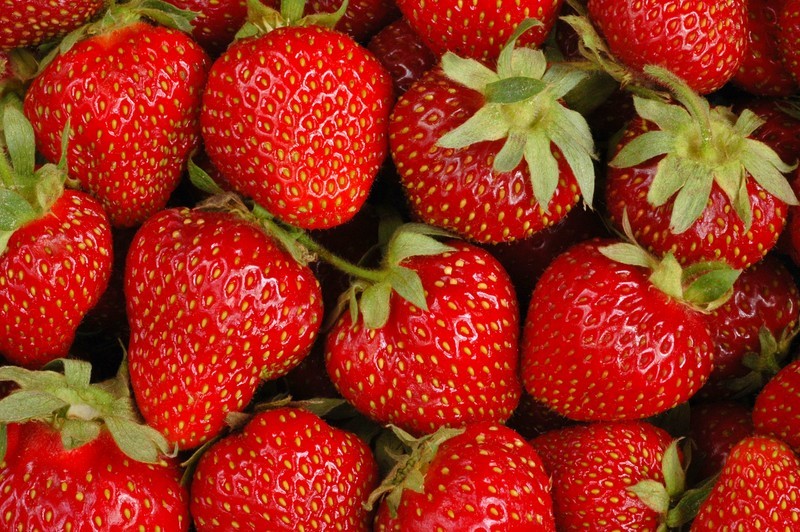
Strawberries are surprisingly rich in vitamin C. A one-cup serving of fresh strawberry halves provides 99% of the daily recommendation for vitamin C.
Strawberries are also rich in fiber, which helps keep the liver functioning well. A cup of strawberries contains 11% of the daily recommendation for fiber. Strawberries are also a good source of B vitamins, vitamin E, and vitamin K. Vitamin K is interesting because people with the liver disease could have a vitamin K deficiency, as well.
Vitamin E is even more exciting. Some of the compounds that are part of vitamin E are strong antioxidants and anti-inflammatory substances. Ingesting vitamin E could help heal and support the liver.
Salmon
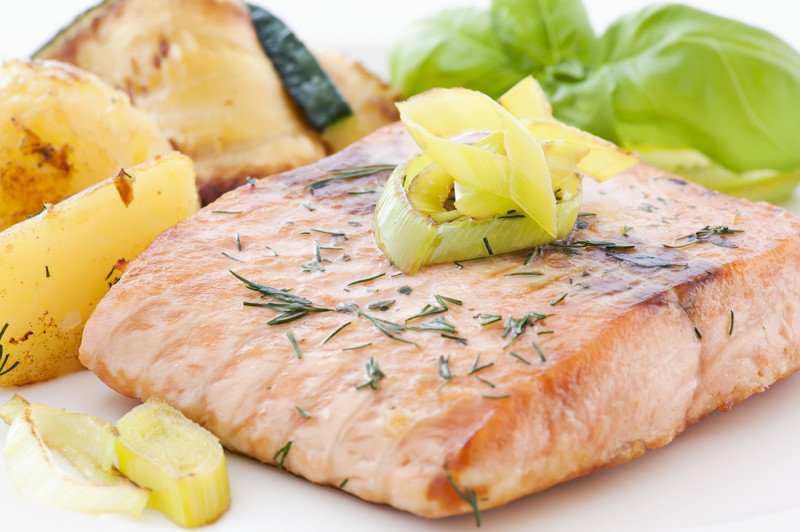
Eating salmon and other fatty fish, such as tuna, herring, mackerel, trout, and sardines, is a great way to get omega-3 fatty acids. Omega-3 fatty acids have several health benefits, and one of them is to help improve liver function, particularly in people with fatty liver disease. They also have an anti-inflammatory impact on the liver.
Vitamin D is important for supporting a healthy liver, too. Research shows a correlation between low vitamin D levels and liver disease. Getting enough vitamin D through exposure to sunlight is important, but people can also get it by eating salmon. A small salmon fillet provides 116% of the daily recommendation for vitamin D.
Blueberries
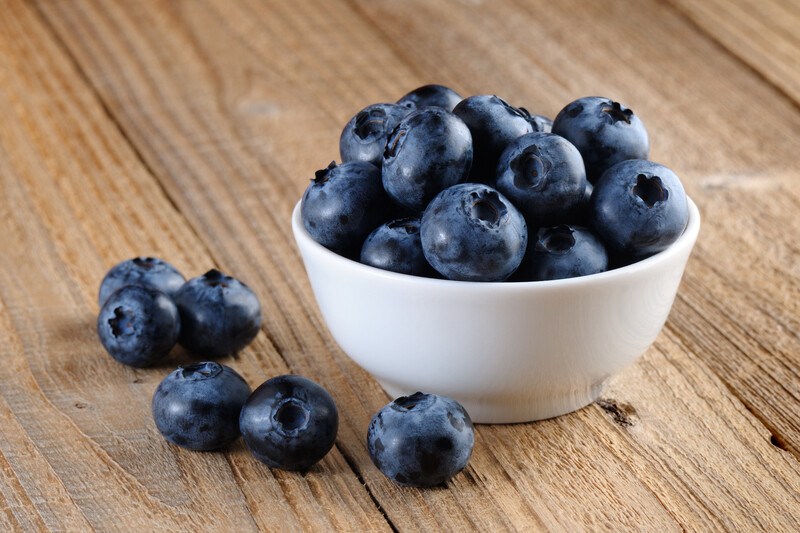
Blueberries are packed with vitamins, minerals, and compounds called anthocyanins that give blueberries their dark color. Anthocyanins help clear free radicals out of the liver and other areas of the body. They can also help prevent fat from accumulating, which protects the liver from fatty liver disease, and they have strong antioxidant effects.
Blueberries are also a good source of vitamin C. A cup of raw blueberries contains 16% of the daily recommendation for vitamin C, as well as 4% for vitamin E and 24% for vitamin K. Blueberries, are packed with fiber, too. One cup contains 13% of the daily recommendation for fiber.
Coconut Oil
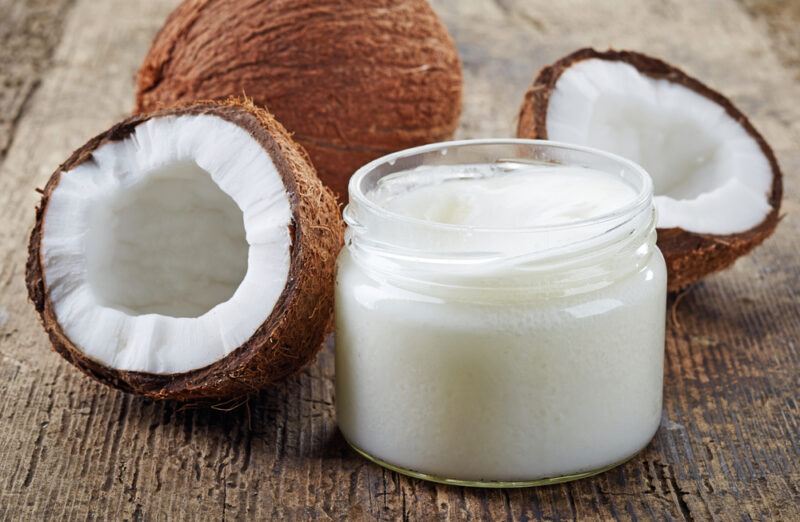
Some resources indicate that coconut oil could be good for helping clean and detoxify the liver. It could help prevent and combat fatty liver disease, reduce inflammation, and help keep fat from being deposited.
Coconut oil also has antiviral and antibacterial properties, and because it’s easy to digest, it reduces the amount of work the liver has to do to convert the fats in coconut oil to useable substances.
Coconut oil could also have a positive impact on the brain. The medium-chain triglycerides in coconut oil are converted by the liver into ketones, which can be used as an alternative form of fuel in the brain.
Kale
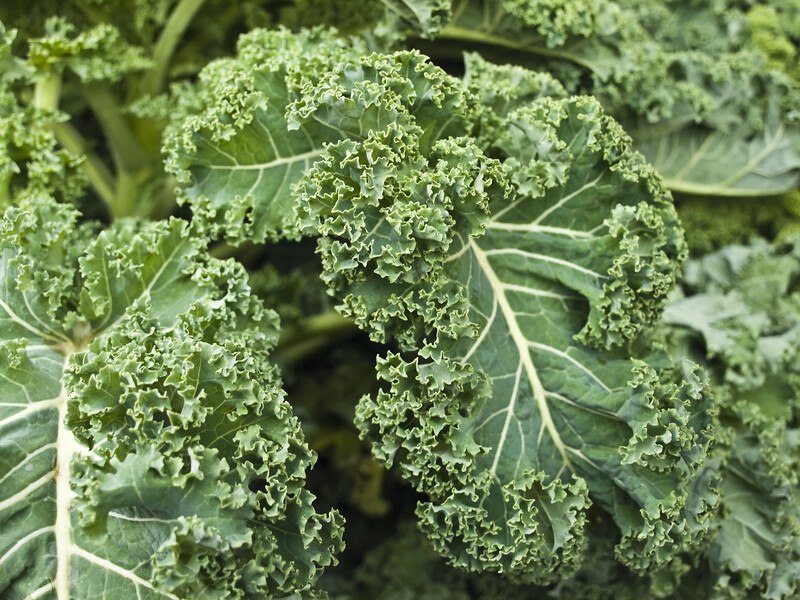
Kale is a dark green, leafy cruciferous vegetable. Like cabbage, broccoli, cauliflower, Brussels sprouts, and other cruciferous vegetables, kale contains a compound called sulforaphane. Sulforaphane has strong antioxidant properties, and it helps protect against several types of cancer. It also helps balance hormones, protects the liver, and improves liver function.
Kale contains other nutrients that help support the liver, too. A cup of raw kale provides 3% of the daily recommendation for fiber, 22% for vitamin C, and 68% for vitamin K. It’s also a good source of vitamin E, several B vitamins, and minerals such as magnesium, iron, calcium, zinc, and potassium.
One interesting thing about potassium is that people who have low potassium levels are at greater risk for non-alcoholic fatty liver disease. A cup of fresh kale provides 2% of the daily recommendation for potassium.
Beans
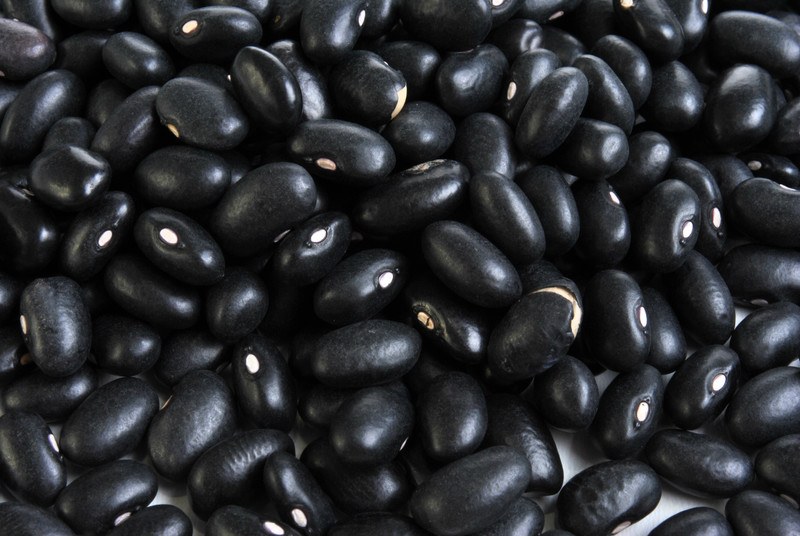
Beans are important for liver health primarily because they’re so rich in fiber. For example, a cup of black beans provides 107% of the daily recommendation for fiber. Pinto beans are similar, and a cup of navy beans provides 114%.
The fiber helps build liver health by keeping the digestive tract healthy, including reducing inflammation. It also promotes the secretion of bile, which helps digest fats properly.
Beans are rich in other nutrients, too. A cup of black beans provides 61% of the daily recommendation for fiber, 18% for calcium, and 215% for folate. Some sources indicate that folate could be a therapeutic agent for non-alcoholic fatty liver disease.
Celery
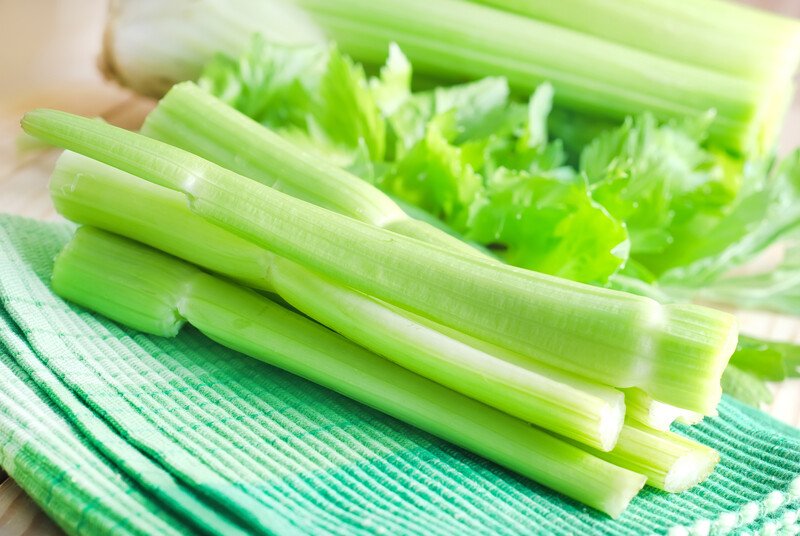
Celery has a pungent taste that makes it a great flavoring in soups, stews, and vegetable stocks. It’s also good for the liver. A cup of raw, chopped celery provides around 6% of the daily recommendation for fiber, and this helps keep the liver clean.
Celery is also a good source of vitamin C, which could help the liver rejuvenate, and several B vitamins. The B vitamins are important for helping maintain the liver and keep it functioning well. A cup of celery provides 3% of the daily recommendation for vitamin C, and it contains the B vitamins thiamin, riboflavin, niacin, pantothenic acid, vitamin B6, and folate.
Cranberries
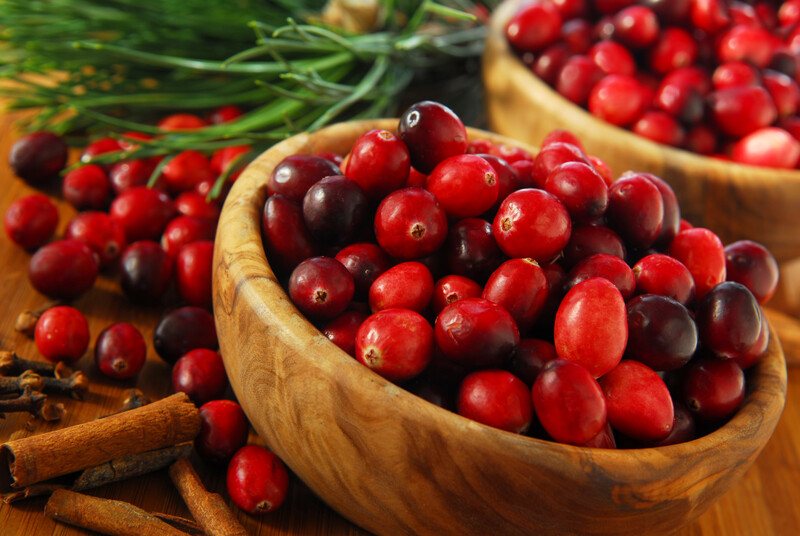
Like blueberries, cranberries are rich in anthocyanins and other compounds that have a strong antioxidant effect on the body. The anthocyanins also make it easier for the liver to help rid the body of toxic metals, and they are rich in vitamin C, too. A cup of whole, fresh cranberries provides 16% of the daily recommendation for vitamin C.
Cranberries are also a good source of several B vitamins, vitamins E and K, and minerals such as zinc and potassium. One-cup serving size also provides 13% of the daily recommendation for fiber.
Olive Oil
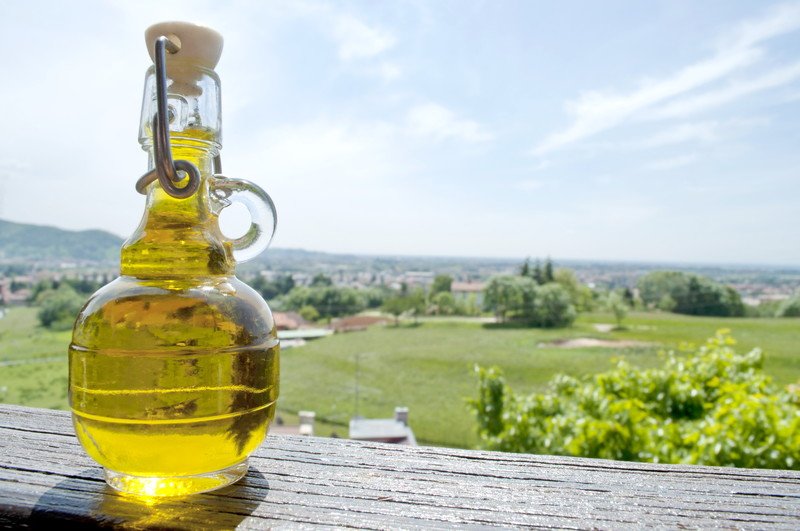
Olive oil has been touted as a home remedy for cleansing the liver. Some people drink olive oil to influence the liver to open the bile ducts. Other sources indicate that olive oil helps reduce the levels of liver enzymes and helps people control their weight, so they don’t get a fatty liver. Research shows that extra virgin olive oil has several protective effects on the liver, and it could help reverse fatty liver disease.
Olive oil is great for the heart, too. It contains fatty acids that could help reduce the risk of heart disease. It also has some anti-inflammatory properties, and it could help combat Alzheimer’s disease.
Apple Cider Vinegar
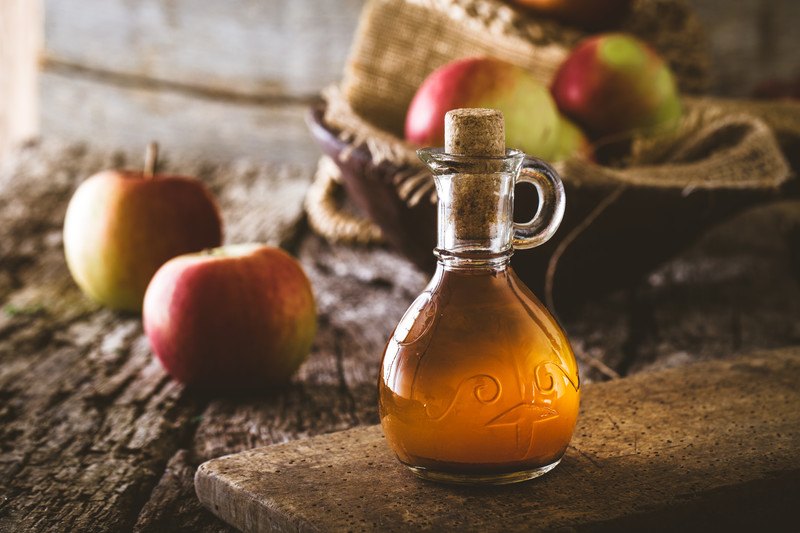
Apple cider vinegar is associated with several health benefits. It helps with the regulation of blood sugar levels, and it could help with weight loss, which could protect the liver against fatty liver disease. It’s also been studied for heart health, and it could have some antibacterial properties.
When it comes to liver health, apple cider vinegar has a reputation as a home remedy for liver detox. This is generally done by mixing apple cider vinegar in water and drinking it as a tonic.
Oatmeal
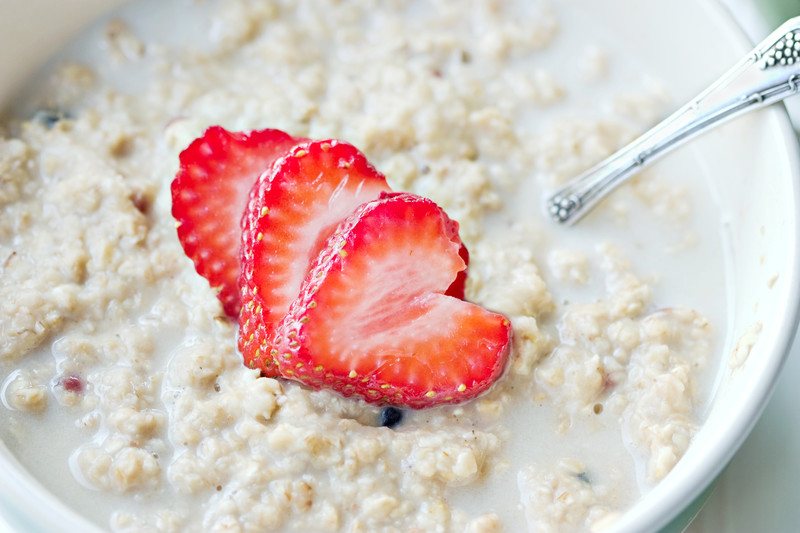
Oatmeal is great for the liver because of its high fiber content. One cup of cooked, plain yogurt provides 15% of the daily recommendation for fiber. Oatmeal is also a good source of potassium, several B vitamins, vitamins K, E, and A, and selenium.
Selenium impacts the liver positively in a few ways. It reduces oxidative stress and protects liver tissues, so the liver can repair itself. A cup of oatmeal provides 23% of the daily recommendation for selenium.
Spinach
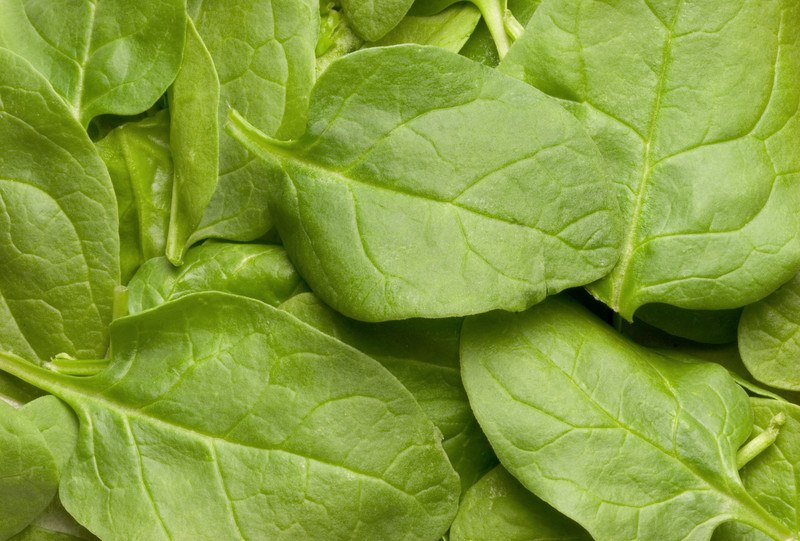
Like kale, spinach is a green, leafy vegetable that’s loaded with fiber, vitamins, and minerals that help support the liver. Spinach, kale, and other green leafy veggies are rich in glutathione, a strong antioxidant that helps protect the liver. A cup of spinach also provides 9% of the daily recommendation for vitamin C, 3% for vitamin E, and 121% for vitamin K.
One great thing about spinach is that it’s a versatile food. It makes a great salad, and it can be combined with soups, casseroles, and smoothies for an extra nutrition boost.
Lemons
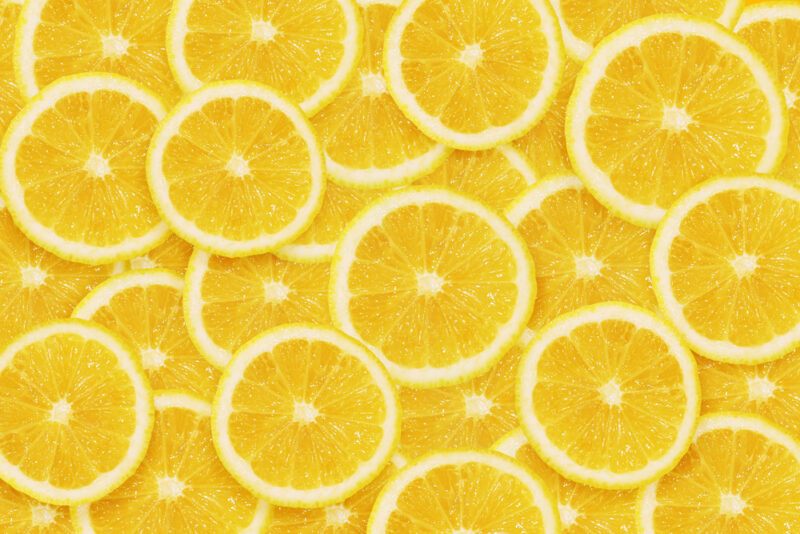
Like grapefruit and other citrus fruits, lemons contain a decent amount of vitamin C. One lemon provides 38% of the daily recommendation for vitamin C. It’s also a good source of fiber, with 6% of the daily recommendation for fiber in one fruit.
Lemons have an antioxidant effect on the liver. Some sources indicate they could help dissolve gall stones. Other research shows that lemons may have a positive effect on liver repair when the liver has been damaged by alcohol, and they could help prevent a fatty liver.
Lentils
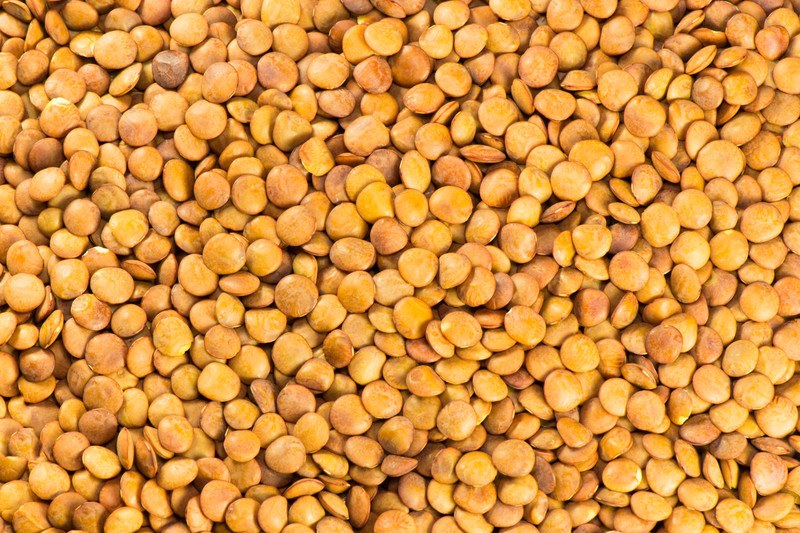
Like beans, lentils are packed with fiber. A cup of raw lentils provides 75% of the daily recommendation for fiber.
Lentils are also rich in a B vitamin called thiamin. Thiamin has been studied for its ability to help prevent fatty liver disease. One cup of lentils provides 140% of the daily recommendation for thiamin.
Lentils contain several other B vitamins, vitamins C, E, and K, and minerals such as potassium, magnesium, and zinc.
Three Favorite Dishes For Liver Health
Now that you’ve read about the 15 best foods for liver disease, let’s chat about a few food combinations that support liver health. These foods bring some of the best foods together in combinations that are both tasty and nutritious.
Idea #1: Salmon With Spinach Salad
Salmon provides the omega-3 fatty acids and vitamin D, while spinach brings in fiber and vitamins. The result is a healthy mix of nutrients that support the liver, the heart, and the brain.
Idea #2: Oatmeal With Blueberries
Oatmeal and blueberries both contain fiber, which helps the liver function well. Blueberries also provide antioxidants that help protect the liver from damage. If you want a sweetener, try stirring in a quarter teaspoon of ground cinnamon.
Idea #3: Kale Berry Smoothies
Kale is the basis for these smoothies, but you can also blend in low-fat Greek yogurt, grapefruit sections, and a cup full of mixed berries. You can make these smoothies sweeter by adding a banana, which contains soluble fiber that could help support the liver.

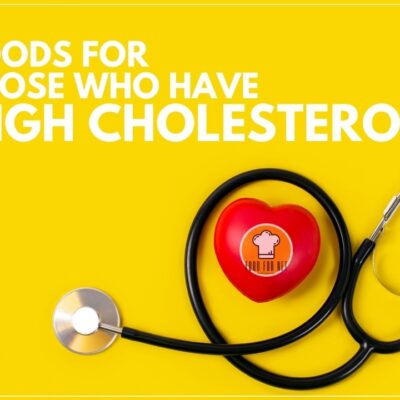
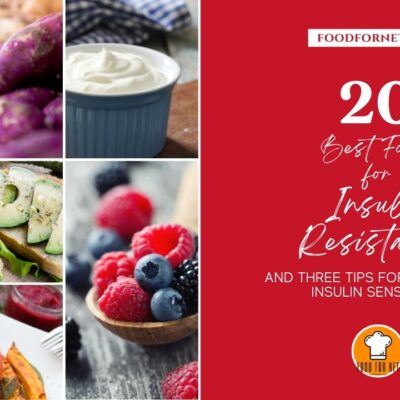
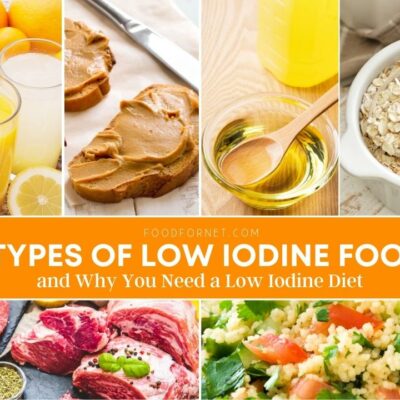
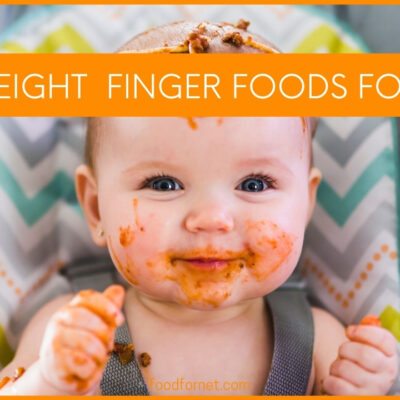
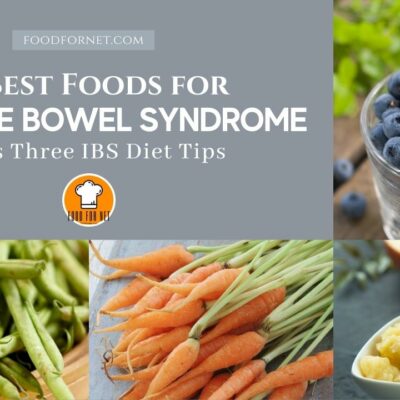

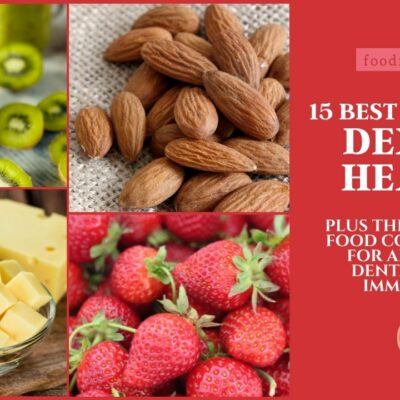
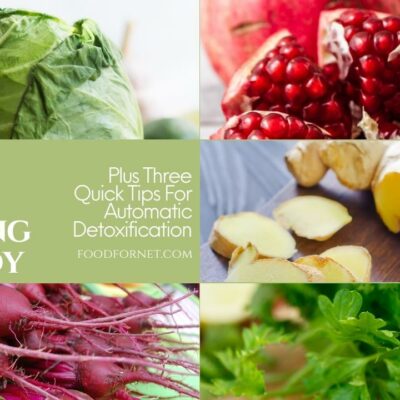




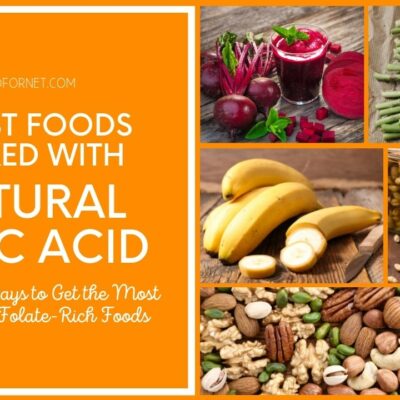



 The Best Vodka For a Sex on the Beach
The Best Vodka For a Sex on the Beach
Leave a Reply